Losing hair is a common concern for both men and women. While some hair shedding is natural, excessive hair loss can be distressing. Many factors contribute to this issue, with stress, diet, and genetics being some of the most significant. Understanding these causes can help individuals make informed choices to support scalp and hair health.
The Role of Stress in Hair Loss
High-stress levels can lead to noticeable hair thinning. Stress can cause a form of hair loss called telogen effluvium, which occurs when more hair follicles enter the resting phase, leading to increased shedding. This can happen after a physically or emotionally taxing event, such as illness, trauma, or prolonged anxiety.
Chronic stress may also contribute to inflammation and imbalances in the scalp, which can weaken hair over time. Managing stress through relaxation techniques, exercise, and proper scalp care can help support overall hair health. Using scalp-nourishing products, like Divi’s Scalp Serum, may provide additional hydration and support for a healthy scalp environment.

How Diet Affects Hair Health
A well-balanced diet plays a crucial role in maintaining strong, healthy hair. Nutrients like biotin, iron, and protein are essential for hair structure and growth. When the body lacks these nutrients, hair may become brittle, thin, or more prone to falling out.
Iron deficiency, in particular, is a common cause of hair loss, especially in women. Low iron levels can reduce oxygen supply to hair follicles, weakening them over time. Incorporating iron-rich foods, such as leafy greens, lean meats, and legumes, can support hair strength.

Genetics and Hair Loss
Genetics play a significant role in hair loss patterns, affecting both men and women differently. Male pattern baldness is often hereditary and can start as early as the late twenties, leading to a receding hairline or thinning crown. Women may experience genetic hair thinning, but it typically presents as overall hair thinning rather than bald patches.
While hereditary hair loss cannot be reversed, maintaining a healthy scalp and hair routine can help keep existing hair looking fuller. Products that nourish and protect the hair, like Divi’s 3-in-1 Leave-In Conditioner, can provide lightweight hydration, helping to keep hair manageable and healthy.
The Importance of Using the Right Hair Care Products
Using the wrong hair products can contribute to hair loss. Harsh chemicals, excessive heat styling, and aggressive brushing can weaken hair strands, making them more susceptible to breakage. Choosing gentle, sulfate-free hair care products can help protect hair from unnecessary damage.
For those experiencing thinning hair, volumizing products can make hair appear fuller. A lightweight shampoo can cleanse the scalp without weighing hair down, helping to enhance volume and texture.

Additionally, maintaining a healthy scalp is essential for optimal hair health. Regular scalp massages can improve circulation and promote a more balanced environment for hair. Avoiding excessive product buildup and keeping the scalp hydrated can also support overall hair quality.
Lifestyle Factors That Contribute to Hair Loss
In addition to stress, diet, and genetics, several lifestyle factors can influence hair health. Smoking, excessive alcohol consumption, and lack of sleep can all contribute to hair thinning over time. These habits may lead to poor circulation, reduced oxygen supply to hair follicles, and increased inflammation, all of which can impact hair growth.
Environmental factors, such as pollution and UV exposure, can also weaken hair strands. Wearing protective hairstyles, using hats in direct sunlight, and applying antioxidant-rich hair products can help shield hair from damage.
Conclusion
Hair loss is influenced by multiple factors, including stress, diet, and genetics. While some causes cannot be changed, adopting a healthy lifestyle and using scalp-friendly hair care products can help maintain hair health. A consistent routine that includes gentle cleansing, hydration, and scalp nourishment can support overall hair vitality.
Taking a proactive approach to hair care can make a difference in maintaining strong, resilient hair.






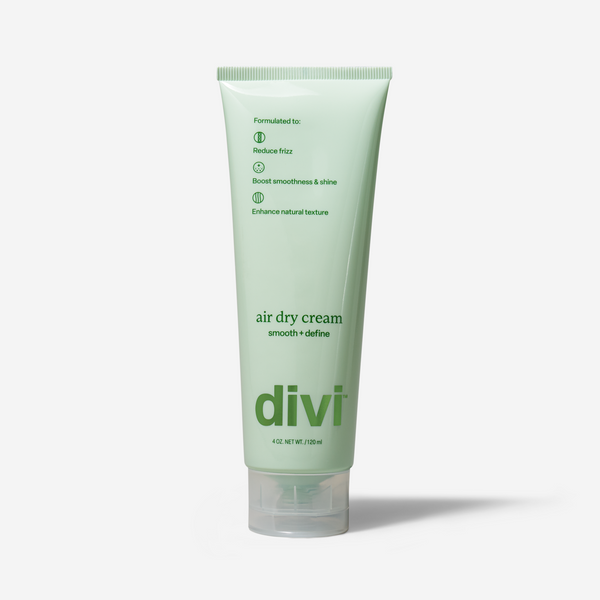
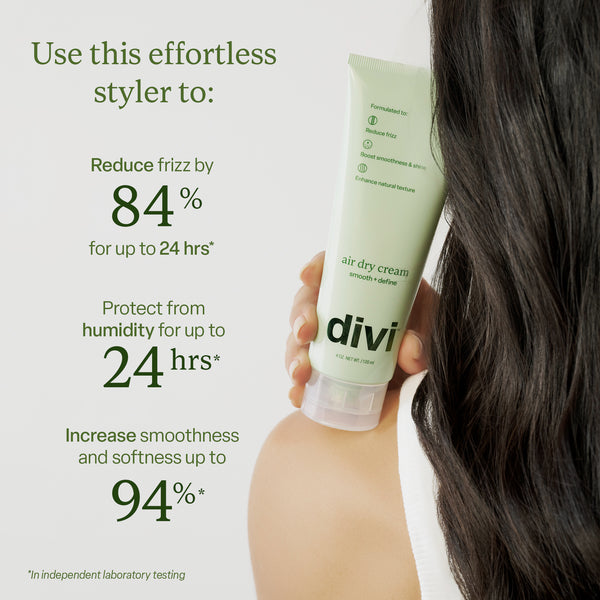

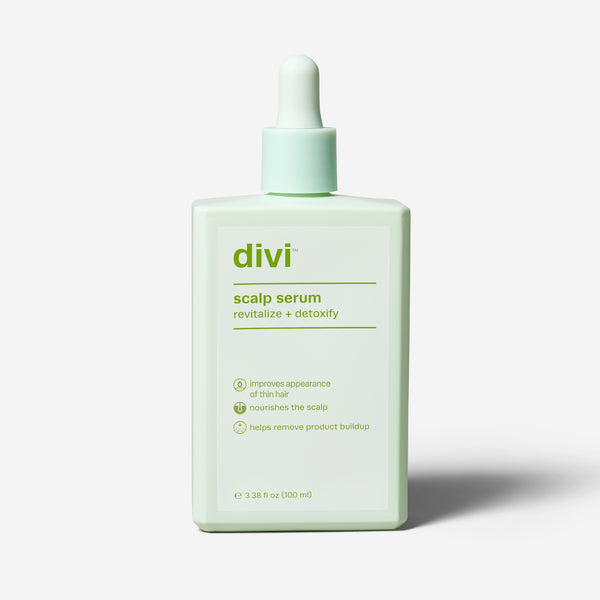

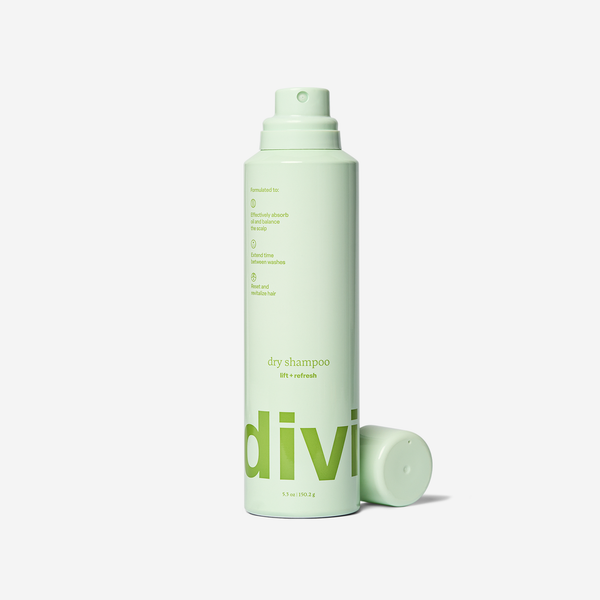

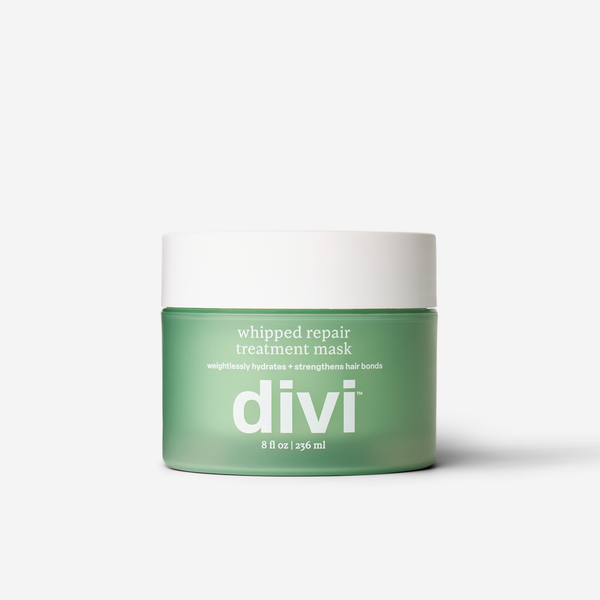
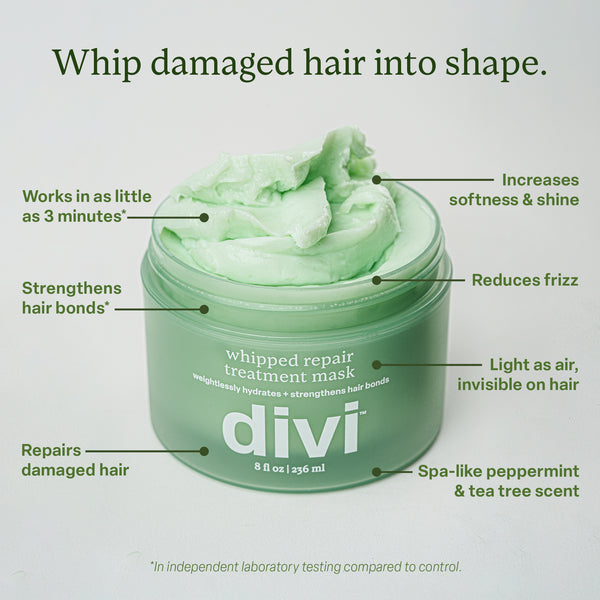
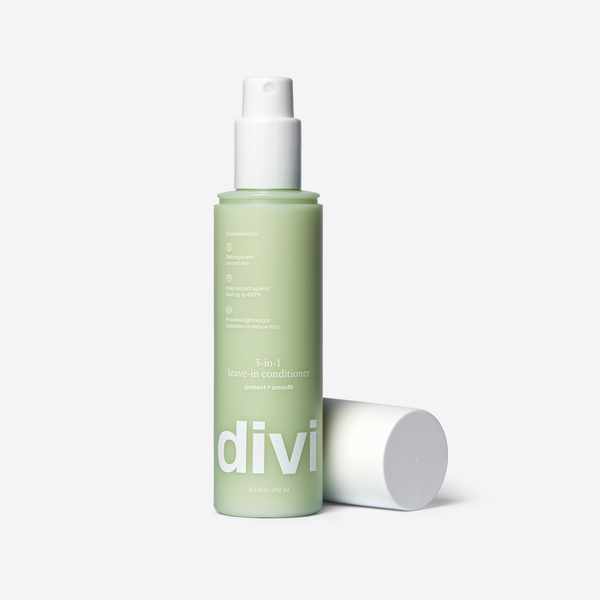

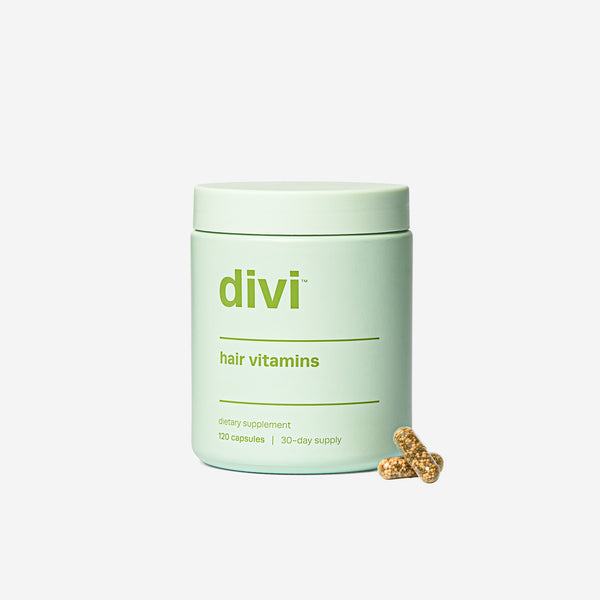
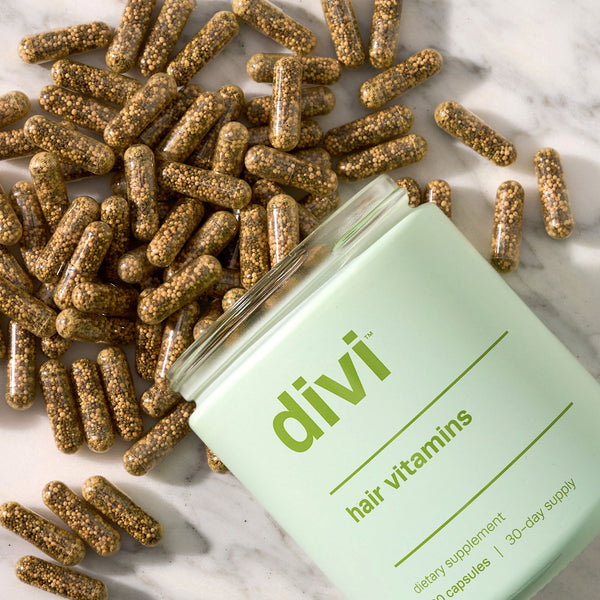
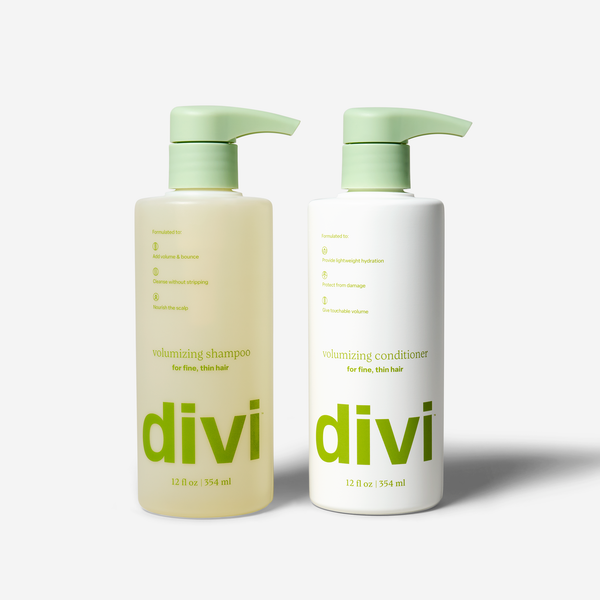





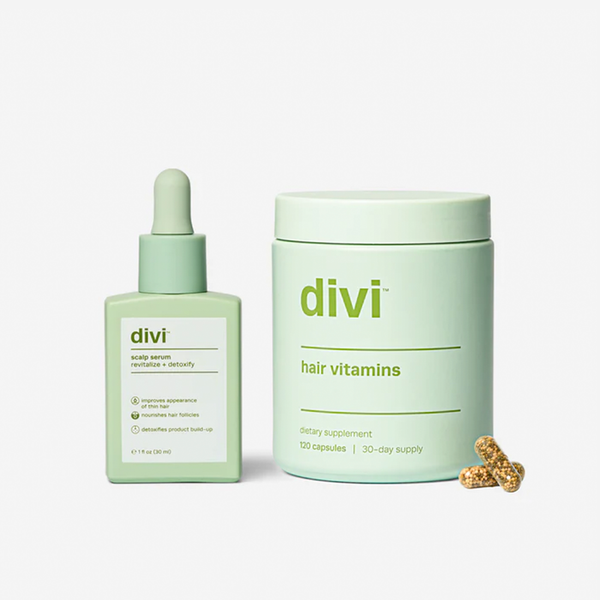
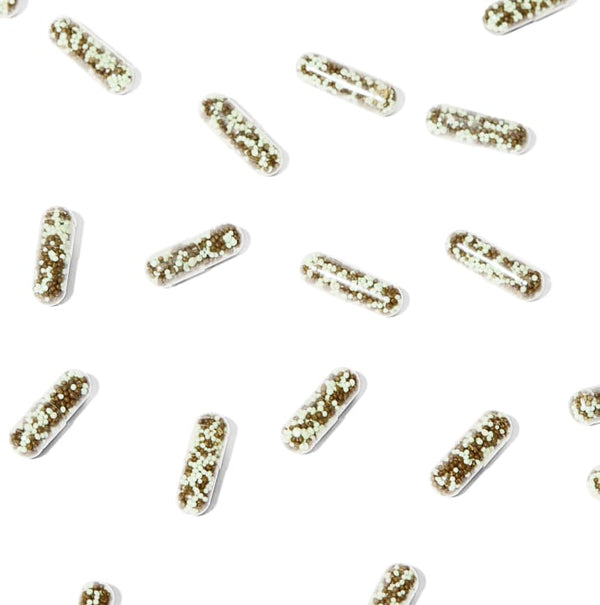
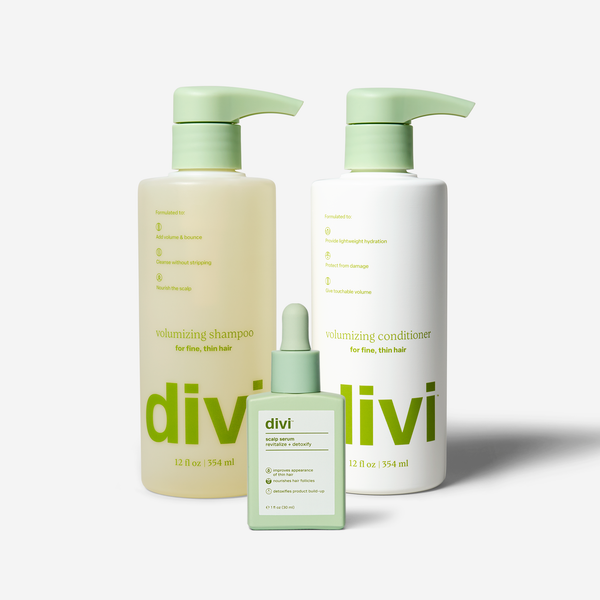
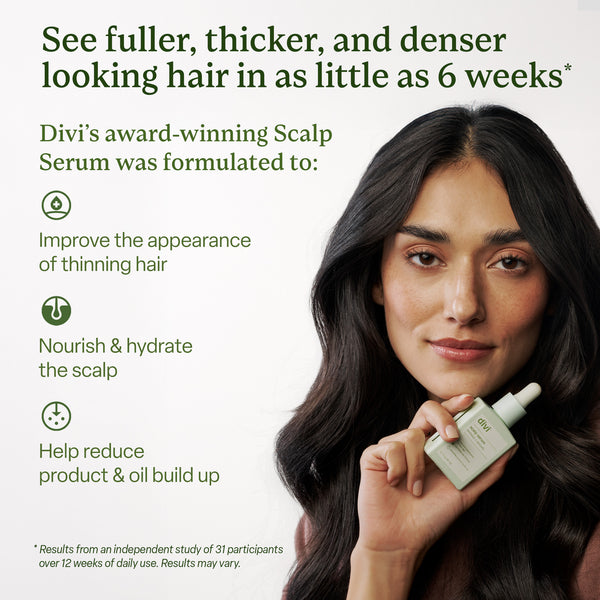


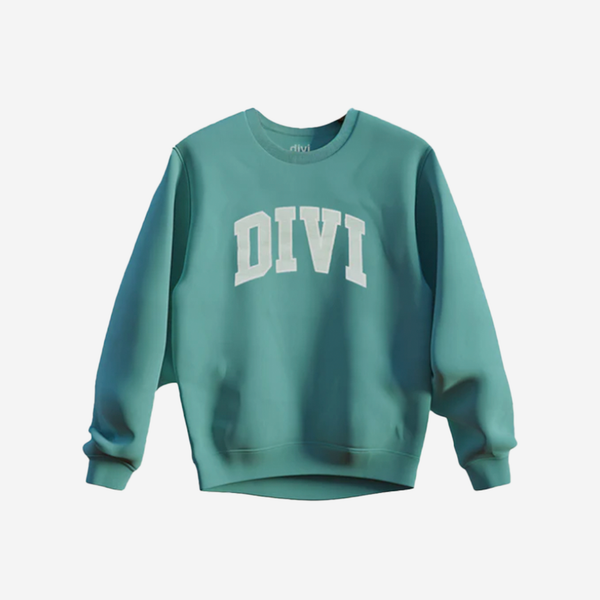
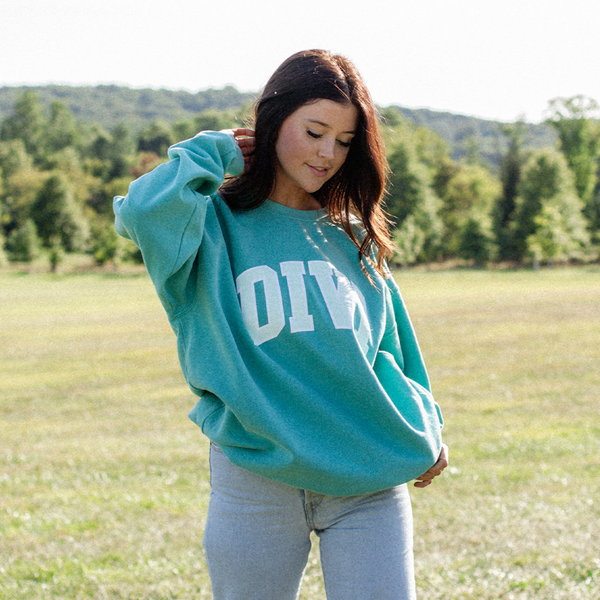




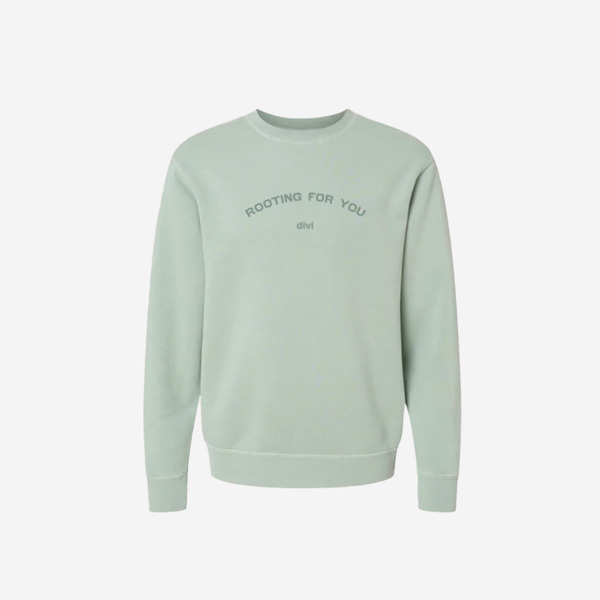


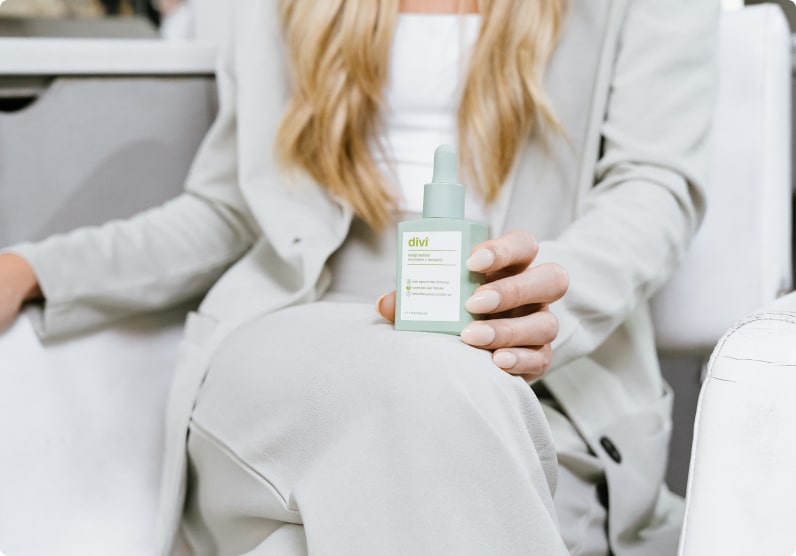






 30ml Scalp Serum
30ml Scalp Serum
 100ml Scalp Serum
100ml Scalp Serum
 Volumizing Shampoo
Volumizing Shampoo
 Hydrating Shampoo
Hydrating Shampoo
 Volumizing Conditioner
Volumizing Conditioner
 Hydrating Conditioner
Hydrating Conditioner
 3-in-1 Leave-In Conditioner
3-in-1 Leave-In Conditioner
 Best Sellers Bundle
Best Sellers Bundle
 Volumizing Starter Bundle
Volumizing Starter Bundle
 Hydrating Starter Bundle
Hydrating Starter Bundle
 The Healthy Hair Bundle
The Healthy Hair Bundle
 Hair Vitamins Trio
Hair Vitamins Trio
 Dry Shampoo
Dry Shampoo
 Hair Vitamins
Hair Vitamins
 Volumizing Shampoo & Conditioner
Volumizing Shampoo & Conditioner
 Travel-Sized Volume Duo
Travel-Sized Volume Duo
 Hydrating Shampoo & Conditioner
Hydrating Shampoo & Conditioner
 Travel-Sized Hydrating Duo
Travel-Sized Hydrating Duo
 Travel-Sized Dry Shampoo
Travel-Sized Dry Shampoo
 Travel-Sized Dry Shampoo Trio
Travel-Sized Dry Shampoo Trio
